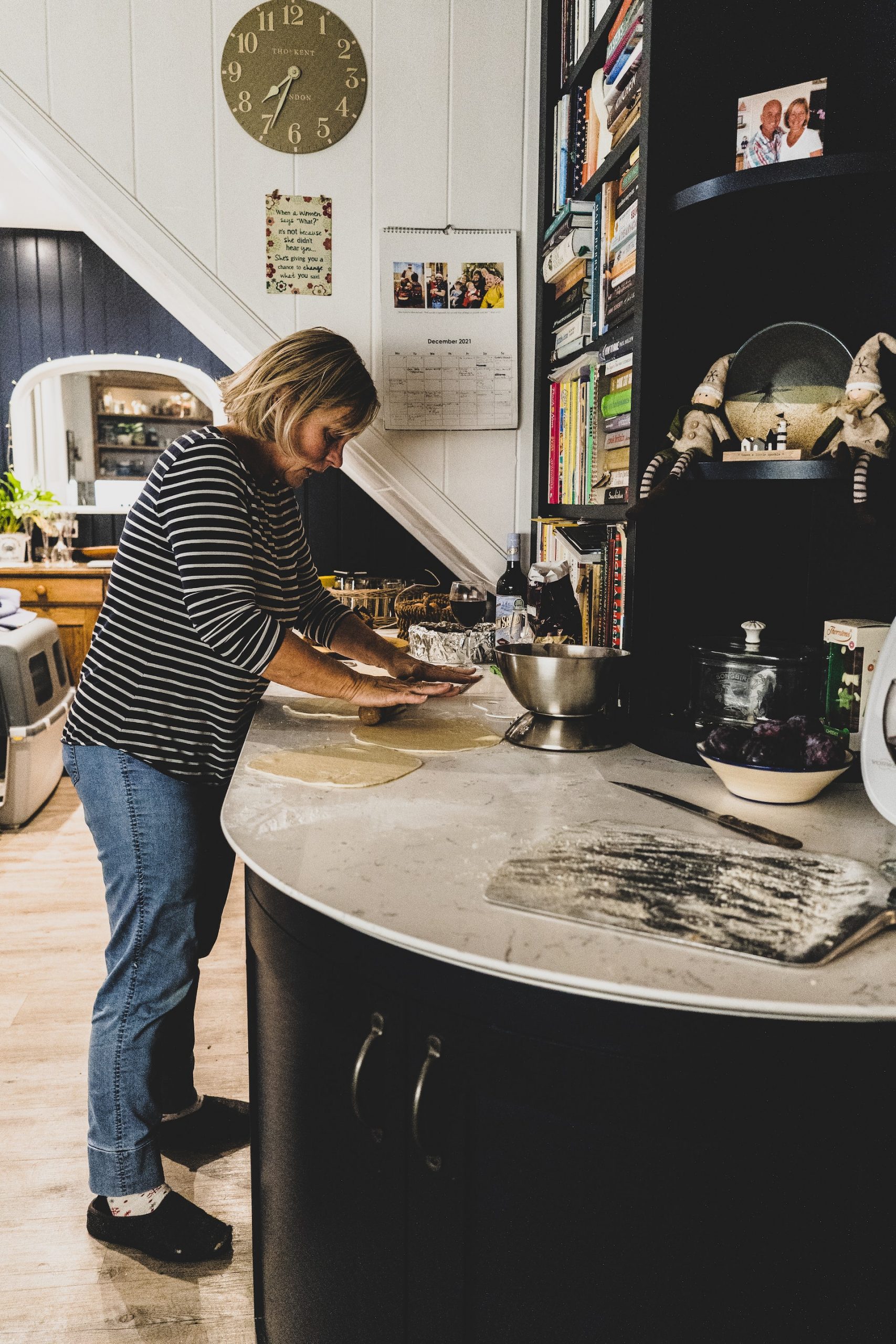There’s no getting away from it. Right now, there’s a global energy crisis. This is down to a number of factors, from problems with infrastructure, to disruption of the supply chain, to global conflicts causing shortages in fuel supply. As a result, supply of energy cannot meet demand, and so prices are going up. People are looking for ways to save energy for the difficult times ahead. In this article, we’ll explore a few ideas that could help.
What's Included?
Get smart! Smart meters and smart plugs
In recent years, you may have heard of smart meters and smart plugs. These clever devices measure your energy consumption, and give you ideas to help reduce your carbon footprint. In turn, reducing your demand on the system reduces your energy bill.
How does a smart meter save energy?
A smart meter can help you save energy by telling you how much energy demand you’re placing on the network at any part of the day. It can use this information to give you recommendations to reduce energy consumption. For example, perhaps your heating switches on at times of day when very few people are in the house. A smart meter can show you the times of day when your home is placing unnecessary demand on the grid, so you can cut it out.
How does a smart meter save money?
Your smart meter gives accurate measurements of your energy consumption, meaning that your energy supplier bases your billing on your actual energy usage, not an estimate. Not only this, but your smart meter can tell you when you’re placing unnecessary demand on the grid. This means that you can make certain changes to your habits that save energy and money. Less strain on the energy grid and less strain on your wallet!
Do smart plugs save energy?
Smart plugs are devices that fit into any wall socket. They connect up to an app on your phone over your household Wi-Fi. They can tell you about the energy consumption of any device you plug into them. Smart plugs also allow you to switch devices on and off remotely, meaning that you can turn off things like lamps and computer peripherals remotely. Once again, this can help you reduce energy consumption and save money by placing less demand on the network.
Double-glazing and insulation
In the UK, a little under 14% of all houses still don’t have double glazing installed in all windows. More than half of all houses don’t have cavity or wall insulation. And over three in five houses has less than 200mm of loft insulation.
Heat, by its very nature, wants to escape into cold spaces. (This is called the Second Law of Thermodynamics, just FYI.) Insulation helps slow down heat transfer, allowing you to spend less money and energy heating up your house.
How much energy does double glazing save?
You almost certainly know what double glazing is. Two panes of glass are separated by a space, reducing heat transfer out of the house and into the air. An average home might lose up to 50% of its heat through the doors and windows.
Depending on the energy rating of the double-glazing you install, you can reduce heat transfer and reduce your carbon footprint by up to 410kg of CO2. What’s more, double-glazing can save you up to £175 a year on energy bills.
How much money does cavity wall insulation save?
An average home can lose up to 35% of its heat energy through uninsulated cavity walls.
Cavity wall insulation is often made of mineral wool, a fibrous material that looks a little bit like candy floss. It can also be made from polystyrene beads.
In any case, it can reduce heat transfer through your walls by almost a third, meaning you can reduce heat loss to a negligible 2%. This could save you up to £305 per year!
How much energy does loft insulation save?
Heat rises, which means houses lose a lot of heat through their roofs – about 25%. Installing loft insulation can help trap heat inside the living space.
Loft insulation can reduce your carbon footprint by up to 990kg of CO2. It can also save you up to £225 a year in energy costs.
Energy saving experts recommend that you install insulation with a thickness of 250-270mm in your loft.
The cost of insulation
Insulation is a long-term investment that can pay dividends. Double glazing, cavity wall insulation and loft insulation can all be very expensive in the short-term, but the savings they provide long-term mean that insulation often pays for itself over the course of years.
Every person’s financial situation is different. You may find it to be more cost-effective to forgo insulation than to have it installed. It’s always best to consider carefully what works best for your budget.
Heating your home
In the cold months, it may be tempting to reach for the thermostat and warm up every room in the house. But for every room in the house you warm up and don’t occupy, you’re wasting a lot of energy.
Does turning off a radiator save money?
Turning off radiators in rooms that you’re not occupying can be a good way to save money. If the kids are at school, it’s best to avoid heating their rooms when they are away, only warming them up before they come home.
These days, you can buy smart radiator valves that let you set certain times radiators should come on. These devices also allow you to turn radiators on and off at the push of a button.
How to save energy when working from home
If you’re working from home, then you will consume more energy than usual. You’ll be using your computer a lot more, and you’ll also trying to keep warm in your home office.
If you live alone or with a partner, and work in one room, try to heat only the room or rooms you use most of the time. Consider also investing in draught excluders and blankets instead of constantly keeping the heating on. This can keep you warm while you work without having to keep radiators on.
Try to minimise energy consumption in other rooms of the house. Only use what energy is absolutely necessary to avoid causing disruption in your life. For example, do laundry or run the dishwasher only when you have a full load. Instead of drying things in the tumble dryer, consider instead drying things on a washing line or airer.
Open the curtains and blinds to let sunlight in. Sunlight not only feels good when you’re indoors all day, it’s also a stronger light source than anything indoors. Additionally, sunlight can warm a room without the need to put on heating.
Save energy, go solar
Solar energy has become quite popular in recent years as a way of generating energy at home. Solar energy can help to reduce demand on the grid. However, solar energy has to be collected in the right way to feel the benefits.
Solar energy: The basics
The Sun is a luminous ball of gas – mostly hydrogen, constantly fusing into helium. It is the hottest thing in our solar system, with a core temperature of 15 million kelvins. Because of this, the Sun gives off ultraviolet rays. These rays are a form of highly energetic ionising radiation, and can burn your skin and eyes.
Solar panels absorb ultraviolet light given off by the Sun and convert it into electricity. This means that solar energy is safe, clean, and abundant. We won’t run out of solar energy within our lifetimes. Electricity generated by solar panels can cover a portion of your household energy demands, easing the demand you place on the grid.
However, the suitability of solar panels for your home will vary depending on how your home is positioned.
Can you put solar panels on a north-facing roof?
To get maximum efficiency out of solar panels, they must be able to receive direct UV rays for most of the year. A roof that faces south, at least in the northern hemisphere, is best suited for solar panels. This is because the Sun is found in the southern sky for most of the year. Conversely, a roof that faces north is less than ideal.
If your home faces east or west, you can also put solar panels on the roof, but bear in mind that it will only absorb energy for half the day, since the sun rises in the East and sets in the West.
Can I have a smart meter with solar panels?
It’s definitely possible to have a smart meter if you have solar panels installed. In fact, these days, your energy company will encourage you to install a smart meter before you install solar panels.
However, your energy supplier may not account for solar panels when calculating from smart meter readings. It’s best to speak to them first to see what their solar power policies are.
Selling solar energy back to the grid
If your solar panels generate excess energy that you don’t use, it’s possible to sell this energy back to the grid. What this means is that any surplus energy you don’t use is purchased by the electricity company. Different firms offer different amounts of money per kilowatt hour sold: some offer as much as 12p per kilowatt hour, while others offer just 1.5p per kilowatt hour.
Bear in mind, however, that for this system to work, you must buy an expensive battery and install it in your house. This battery will hold on to the electricity you’re not using and discharge it in response to demand from the grid. This equipment and the installation costs can cost you up to £5000! So while it may pay dividends in the long run, it could certainly prove pricey in the short term.
Overall
While tightening your belt is out of the question during the energy crisis, there are definite changes you can make to increase the energy-efficiency of your home. Some of these changes are habitual, while others are more of a commitment. No matter what you try, we hope that you find some of these ideas useful in the weeks and months ahead.
Credibble offers two fabulous solutions.
If you’re preparing to take a mortgage, never apply until you’ve tried our unique and FREE Credibble Home app. Our smart technology will tell you what you need to fix so you avoid rejection. The app predicts when you will be able to buy, for how much and tracks your month-by-month progress to mortgage success. We’ve even added your own mortgage broker, so you get the best deals available.
More focused on your credit rating? Well, get started for free with Credibble’s 24- Factor Credit Check to truly help you improve your creditworthiness and how lenders view you. (Remember: lenders don’t use your credit score! We’ll show you what lenders look for and how to get your credit report in the best shape possible).









